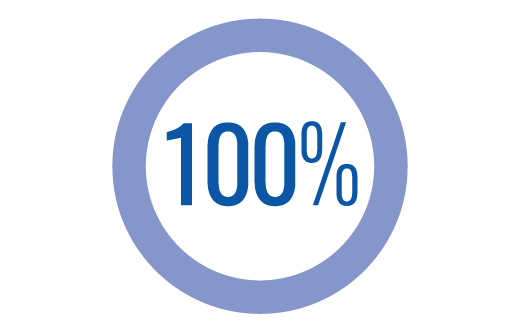Speech-Language Pathology (SLP) Program
Contact Graduate & Professional Admission
Winnie Gerhardt , Graduate Admission
(440) 826-8004, wgerhard@bw.edu
Applications for Fall 2026
The application for the fall 2026 cohort is now open in CSDCAS. Preferred application review begins on December 1, 2025 and applications must be submitted and verified in CSDCAS by February 15, 2026 to be considered for admission.
Baldwin Wallace's two-year Master of Science in Speech-Language Pathology (SLP) program provides integrated learning that combines classroom rigor with comprehensive clinical practice, leading to a professional career as a speech therapist in a variety of healthcare, education and private practice settings. 100% of BW's graduating cohorts (2017-present) have passed the Praxis exam in Speech-Language Pathology and have launched rewarding careers in Ohio and nationwide.
Located in Northeast Ohio — a nationally recognized center for the healthcare industry — BW provides exceptional opportunities for clinical practice that incorporate a wide range of communication disorders, ages and settings. Baldwin Wallace is home to the only free speech clinic in the Greater Cleveland area.
PROGRAM FEATURES
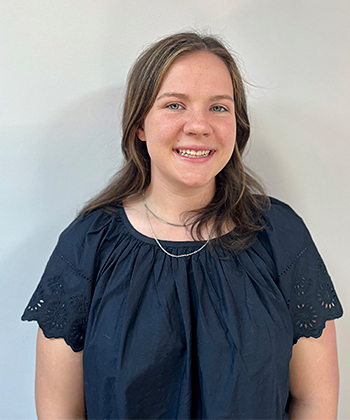
"The BW SLP program is different from other programs in the way the staff is so responsive to feedback and adapting coursework to best fit student needs. It also centers learning on how to address a client's communication needs in the most functional and meaningful way."
MAGGIE LAVELLE '24
Clinical Fellow Speech-Language Pathlogist
Sprout Therapy, LLC (Ohio)
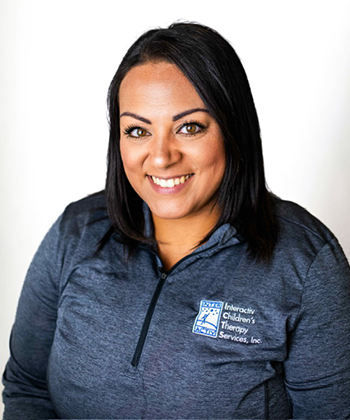
"After being in the program, I knew that it was different with all the hands-on experience provided. Completing treatment simultaneously with coursework allowed you, as a student, to take the information you were learning and immediately put it into practice."
ASHLEY GOLLADAY '23
Speech-Language Pathologist, Interactive Children's Therapy Services (Georgia)
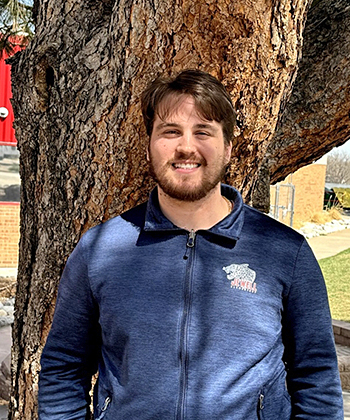
"The fact that I got to work with such a diverse range of individuals was one of my favorite aspects of the program. The faculty is a great support system. They are with you every step of the way. Their doors are always open, and they care about your success just as much as you do."
COLIN TROUTEN '23
Speech-Language Pathologist, Jewell Elementary School (Colorado)
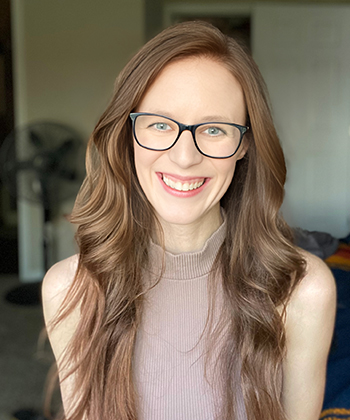
"The BW SLP program is set apart from other programs due to the high-quality clinical experience you receive both on- and off-campus. I saw a wide variety of clients in different settings, from an elementary school to a rehabilitation hospital"
KRISTEN MAY '23
Speech-Language Pathologist, Hopebridge Austism Therapy Centers (Ohio)
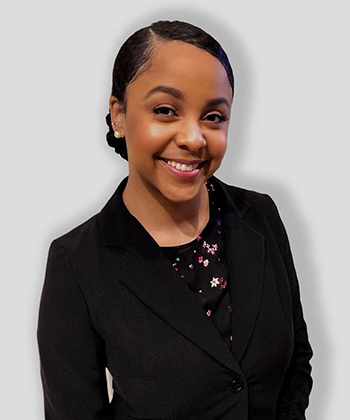
"The SLP program prepared me for the next step in my career by giving me the confidence that I was ready to serve clients because I received state-of-the-art training from an accomplished faculty at a highly ranked institution."
ANDREA FLOWERS '18
Speech-Language Pathologist, Columbus Speech and Hearing





